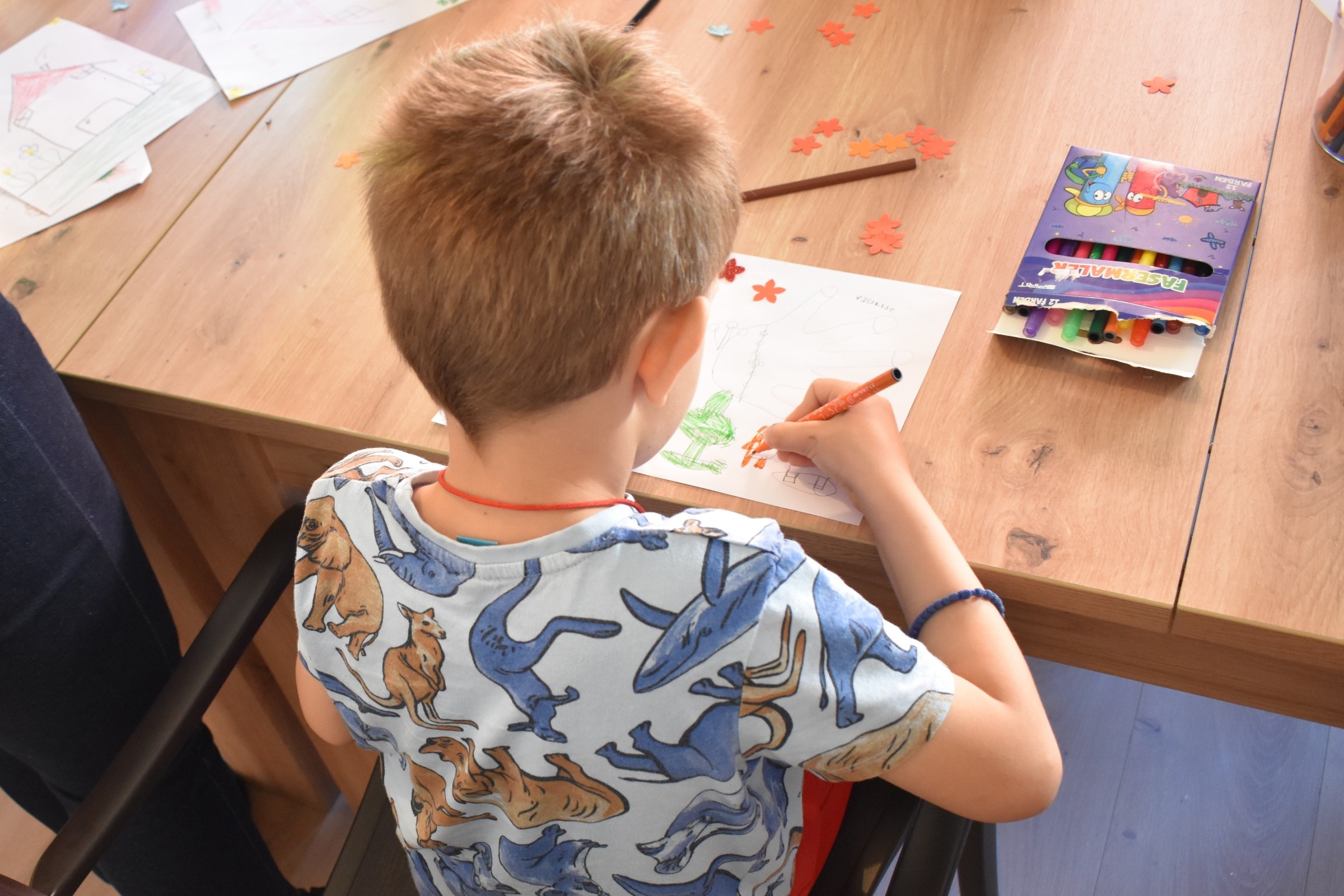Zajedno - Together
This page has been automatically translated. The German version is authoritative. Thank you for your understanding.
Children affected by violence are given a place of refuge. Pupils learn to recognise violence in workshops and how to protect themselves from it. Young people contribute to a non-violent future together. The «Zajedno - Together» project supports them in this endeavour.
Bosnia-Herzegovina is still fragile and divided into three parts 30 years after the Dayton Peace Agreement. Ethnic tensions are fuelled at a political level in order to stir up fear among the population groups. Threats by the political leadership of Republika Srpska to secede from Bosnia-Herzegovina are repeatedly preventing problems from being addressed at national level. Tensions are currently higher than they have been since the war in the 1990s. War traumas revived by the current geopolitical world situation, which are passed down through the generations, as well as the cost of living, which has been rising for years, contribute to an all-encompassing lack of prospects, which this project aims to combat.

The «Zajedno - Together» project helps children to fulfil their potential in a healthy and safe environment. Children and young people learn to question rigid norms and social perceptions and discover their own resources in the process. Three project components contribute to achieving these goals:
Schoolchildren take part in workshops that teach social skills, address gender, sex and identity, scrutinise gender roles and gender stereotypes and deal with stress and its hidden stressors. In lively teaching units, the children talk, for example, about gender stereotypes, such as ascribed colour or sports preferences, and whether these can be changed. In the four modules of the workshops held at schools, the children learn to recognise patterns of violence and ways to protect themselves from them.
The women's refuge, with its specially designed area for children, offers children directly affected by violence a place of refuge where they can receive psychosocial support. They are supported through individual therapy or trauma-sensitive group activities. Because the children either live in the shelter or regularly come to the children's area after school, the social workers and therapists can build a trusting relationship with them and respond to individual challenges.
Young people in Modriča do not feel that adults take them seriously. The project counters this and encourages them to work towards a non-violent future. In regular meetings, the young people draw up plans for an improved, communal life in Modriča.
Their increased self-confidence enables children and young people to stand up for their needs and protect themselves effectively against violence, even in an increasingly harsh environment.

